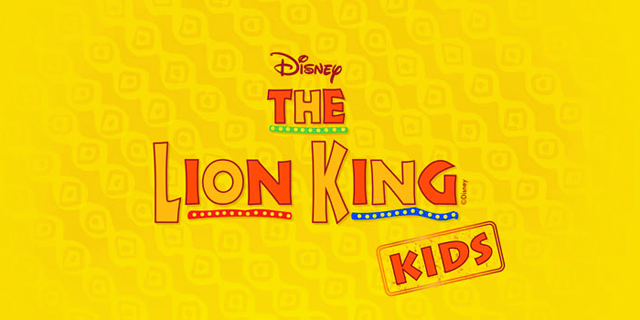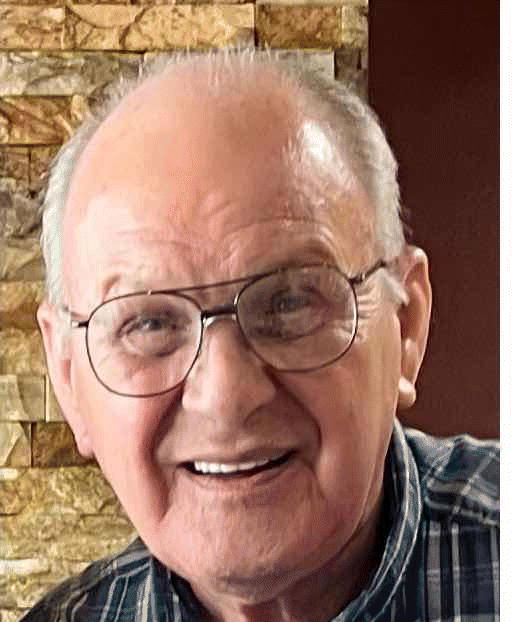Struggles To Fill A Prescription
Published 8:35 am Thursday, January 3, 2013
Some Medications In Short Supply
By Barbara Gautreaux
Trending
Pharmacists and doctors have been working with a prescription medicine shortage for the last three years. Since 2010 there have been a record number of prescription drug shortages. The U.S. Food and Drug Administration continued to see in 2011 an increasing number of shortages, especially involving sterile injectables—medicines given by injection or intravenously to patients in the hospital.
Patients with a prescription are hearing more often the dreaded phrase, “We don’t have this medication,” from hometown pharmacies, local chain drug stores and mail-order prescription companies. Pharmacies are hearing from their suppliers they were unable to fill their orders or they are substituting an identical product, or reducing quantity.
Drug shortages can occur for many reasons, including manufacturing and quality problems, costs involved in keeping inventory, delays due to transportation, and discontinuation altogether.
Other areas affecting the shortage of medicine available can be attributed to an increased demand for a specific medicine, an aging population, and whether pharmaceutical companies can make a profit manufacturing a drug. During lean financial times, warehouses and suppliers may be unable to keep large supplies on hand, and the distribution delay is trickled down to consumers.
The FDA says it works closely with the manufacturers of drugs in short supply to communicate the issue and to help restore availability, especially of life-saving sole provider medications. They stress the importance of communication among agencies, drug manufacturers, health professionals, and the public in helping to reduce the shortages’ impact on public health.
Turn To Local Pharmacists
Trending
Retail pharmacies are serving on the front lines of prescription medical shortages because they do not have the buying power of the large box stores and chain drug stores. They are backed by area wholesale distributors and receive quality merchandise, but they are often surprised by sudden price increases and backlogs.
Registered Pharmacist Denny Mestayer has 53 years experience dispensing medication. He is employed with Delaune’s Pharmacy in New Iberia and Teche Action Clinic in Franklin. Mestayer says he has particularly seen shortages in 2011 and 2012. “It’s more this year and last year than ever before,” he says. “This is affecting everybody—all pharmacies and hospitals. We can’t get the same brand name so the medication looks different, a different shape or color. It is the same medicine but we have three different makers, and three different versions of the same prescription.”
Mestayer says, “The most important question the patient has is, ‘Will this work the same?’ Yes, it is identical medication.”
Generic Questions
Since 1984 the U.S. has had in place standardized procedures for recognition of generic drugs. In 2007 the FDA launched the Generic Initiative for Value and Efficiency program, and having generic drugs does provide cost savings to consumers, estimated at 30 to 80 percent less.
However, the U.S. Supreme Court recently ruled 5-4 that generic drug makers have more protection than their brand-name counterparts against lawsuits over their failure to warn consumers of the possible side effects of their products.
Matthew Musso, a Registered Pharmacist at L&M Pharmacy with 33 years experience says most prescription orders placed Monday through Thursday will be filled the next day.
He says when a drug manufacturer’s patent on a medication expires, other companies begin to offer the medication, and companies will then battle for market share, lowering their prices to beat the competition. “It can drop even in a day,” he says. “When the price gets too low, the manufacturers pull back and stop making the drug. Then there is a shortage. One or two companies start manufacturing it and they can control the price. Unfortunately it is all about money and unfair to the consumer.”
Musso says when the popular drug Singular went generic the price dropped from $167 to the $30 range. The locally-owned pharmacists are paid by the insurance companies who decide how much that prescription should have cost, and no more. “The overall market place has changed,” says Musso.
Online prescription buyers could be getting more than they bargained for when purchasing medication online. According to the FDA, people who have purchased drugs over the Internet or by telephone have unwittingly given their personal information to individuals posing as FDA agents. The agency has warned consumers that they face an increased risk of purchasing unsafe and ineffective drugs from websites operating outside the law. Their social security numbers, birth dates, names and addresses could be given into the hands of criminals.
Information on finding a safe website for prescription and over-the-counter medication purchases is available at the FDA’s website: http://www.fda.gov/ at the Consumer Updates page.
Confidence In Quality
Registered Pharmacist Andy Soileau says pharmacists have the knowledge to protect their clients from counterfeit medications. His standard is, “I would never give a client any medication that I wouldn’t take myself.”
There is a system in place for pharmacies to make sure medications are from a reputable supplier. Drug pedigrees and supply chain tracking are using the latest technology to safeguard the integrity of the U.S. drug supply.
“Part of the problem of the industry is we have a false sense of security about our medical needs.” To make sure he is part of the solution, Soileau has served as a past Board Member of the Louisiana State Board of Pharmacy, and as past president of the Louisiana Pharmacist Association, where he still serves on that board, and has been Secretary for the Louisiana Independent Pharmacy Association. He says if the public demands more security for the nation’s drug supplies it will happen.
If in doubt, he suggests using a pharmacist you can trust, who will be able to help you at any time. “The best thing you can do if you have any questions about your medication is to talk to your pharmacist. We always tell patients to not be afraid to call and talk about a medication that may look different and have the same name.”
Soileau has 37 years experience filling prescriptions and is the owner of Soileau’s Pharmacy in New Iberia.





